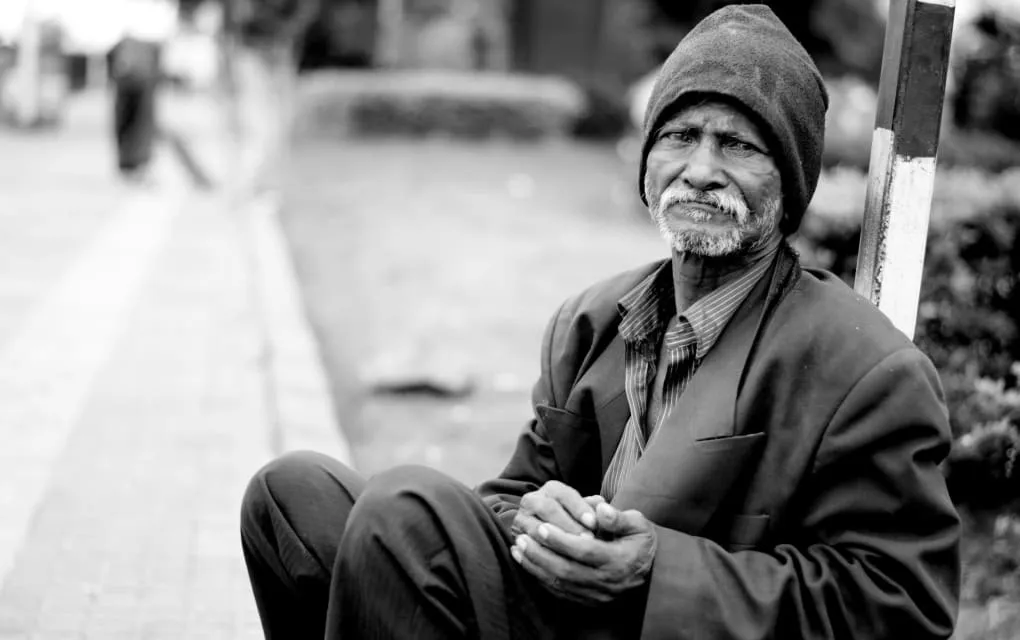On March 14, the Kentucky Senate Judiciary Committee voted to approve HB 5, the “Safer Kentucky Act.” The legislation will now head to the Senate floor for a vote, and it will almost certainly pass. The 78-page bill criminalizes homelessness—and decriminalizes the use of deadly force against individuals engaging in “unlawful camping.” Under this law, if a property owner believes an unhoused trespasser is attempting to commit a felony or attempting to “dispossess” them, they can shoot the homeless person.
That’s not all. “Really, this is like 20 bills packed into one,” Kaylee Raymer, a criminal-justice policy analyst at the Kentucky Center for Economic Policy, told us. A slew of “tough on crime” policies would create or enhance penalties for sleeping in your car, damaging your apartment while moving out, or fleeing from police. It will institute a three-strike rule, where the third strike is either a mandatory life sentence or execution. The result will be more people in prison for a longer time. The bill is a rewind to the failed policies of the 1990s.
More than a hundred advocacy groups in Kentucky oppose the bill, but they face a veto-proof supermajority of Republicans animated by fears of a nonexistent crime wave, driven by a desire to control Democratic cities, and backed by a conservative think tank pushing similar legislation across the country. HB 5 is the most extreme anti-homeless, tough-on-crime bill introduced in a state legislature this year—and copies of HB 5 could soon start popping up across the country.
Catherine McGeeney, the director of communications at the Coalition for the Homeless of Louisville, told us, “It’s just unfathomable cruelty.”
Advocates told us the only way to make unhoused people safer is to put a roof over their heads. Studies have shown that housing assistance—not incarceration—reduces crime, increases employment, and improves health for the community. In 2023, the Louisville Coalition for the Homeless’s supportive housing program found shelter solutions for 1,700 people, but that same year, 4,000 entered homelessness. “The issue isn’t that our solutions are ineffective,” McGeeney explained. “It’s that they’re poorly funded. Now we’re blaming people for being poor.”
Read the rest at The Nation.







